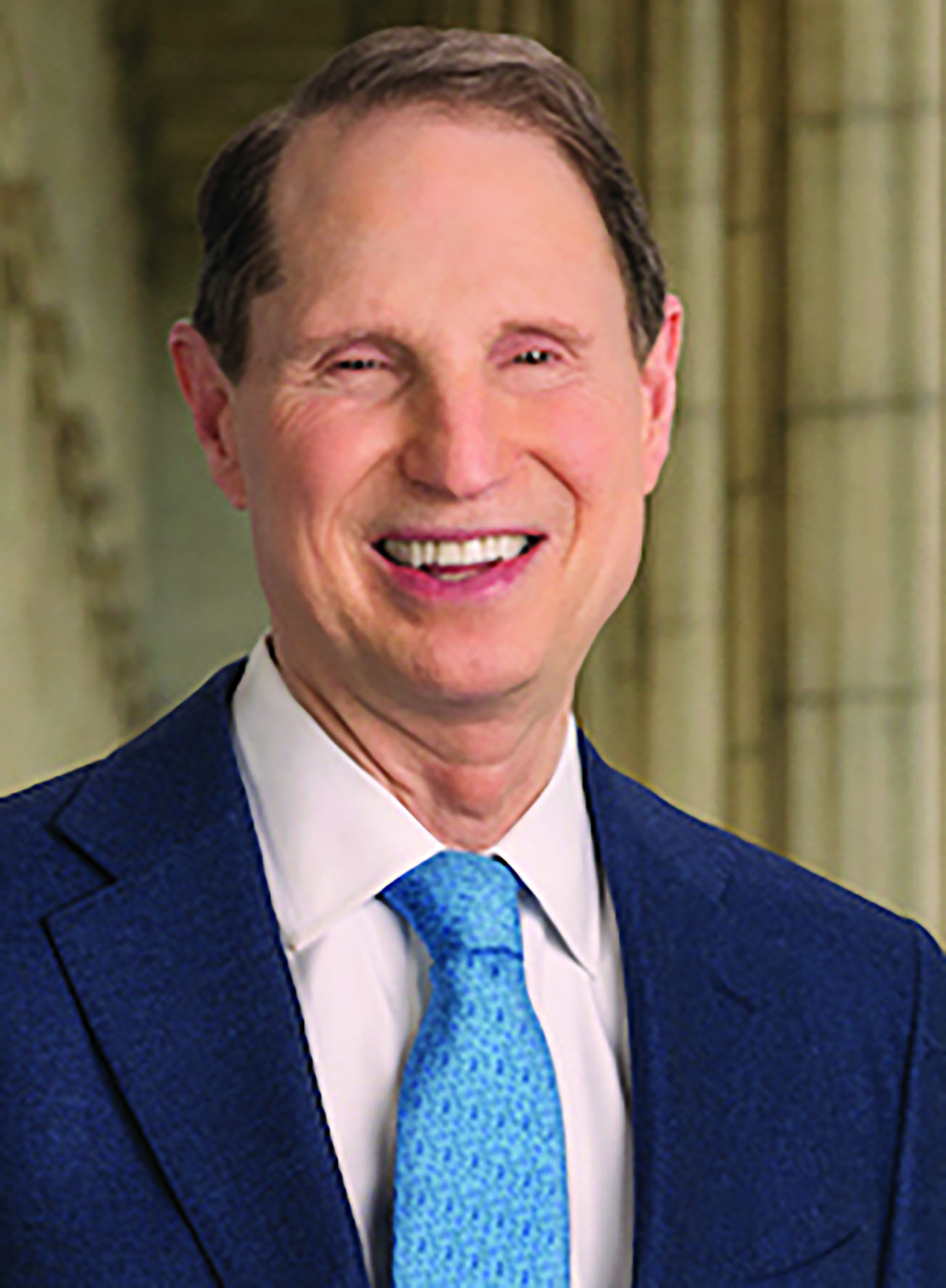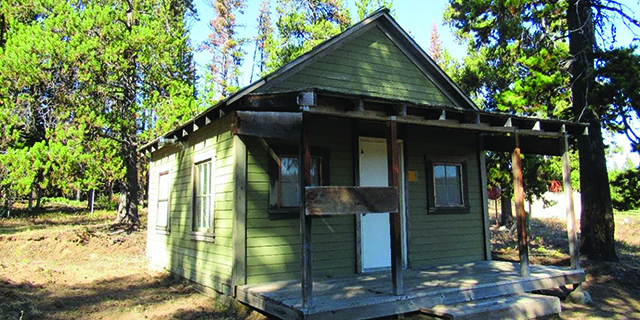Time to dump Electoral College
Published 11:33 am Tuesday, May 23, 2017
This is the third and final column regarding the Electoral College.
There were several reasons that our nation’s founders created the Electoral College. I will consider them under the labels of temperance, slavery and federalism.
Trending
Temperance. It reflects the notion that a group of well-informed impartial electors would serve as a check against the whims or comparative ignorance of the general population of voters. As previously stated, the evolution of the two-party system and the adoption of a state-by-state winner-take-all allotment of electors have negated this Constitutional intent. Electors do not, in fact, exercise impartial temperate judgment but act as mere proxies for their parties and their states.
Slavery. The Constitutional Convention was deadlocked over this heinous institution not primarily because the founders were divided about whether slavery itself should be retained or abolished, but because they disagreed about how slaves should be counted as representation was allotted in the new Congress.
Founders from nonslave states argued that slaves should be regarded as property rather than persons, while delegates from slave states wanted slaves to count in the national census as persons, right alongside other nonvoters, such as women and children.
In the end, according to the terms of the notorious but pragmatic three-fifths compromise, each slave was counted as three-fifths of a person, and the proportion of members of the House of Representatives and the Electoral College was allotted accordingly.
A footnote about this discriminatory aspect of the Electoral College is that “Indians not taxed” were excluded entirely by the provisions of our original Constitution, both from the census and from the voting rolls. It should now be self-evident, to borrow a term from the Declaration of Independence, that these discriminatory aspects of our Constitutional and national history are morally abhorrent, and any vestige of them in today’s politics, such as efforts to suppress the rights of every American citizen to vote, should be scorned and eliminated.
Federalism. I believe this is the only original purpose of the Electoral College that still has some merit. Federalism means that our country was founded as a nation of states, and that the diversity, rights and semi-autonomy of these states deserve recognition and protection.
Trending
Just as The Great Compromise distributed seats and power in the House and Senate with deference both to population and parity, so too the same formula in the Electoral College reflects that balance of power and respect for diversity.
But on the other side of that argument, we might properly ask why each voter from sparsely populated states should really have more electoral clout in our selection of a president than each voter from more urban states.
Why should Wyoming, for example, have three electors when the overall population of that state amounts to only around three-quarters of a typical Congressional district? Much as we rural Oregonians might admire Wyoming, we could rightly wonder why each of their voters should have more than three times the electoral clout of each of ours, and about four times as much electoral power as each voter from California.
Especially as our population becomes more mobile and as more voters opt to be affiliated with neither of our two major political parties, the Electoral College probably makes less sense with each passing year. Most surveys show that a majority of Americans no longer support it.
Moreover, history has proven that this system clearly favors one party over the other. In five elections, the result of the popular vote for president was effectively overturned by the Electoral College. Every hard-luck winner of the popular vote who was outdone by the Electoral College (Andrew Jackson in 1824, Samuel Tilden in 1876, Grover Cleveland in 1888, Al Gore in 2000 and Hillary Clinton in 2016) was a Democrat.
And considering that this tumultuous result has occurred in two of our last five presidential elections, the pattern is apt to continue.
Short of abolishing the Electoral College, two proposals are in vogue to amend it. One would allocate most votes according to the popular vote winner of each Congressional district, but this arrangement might exacerbate unfairness, because it would subject electoral voting to all the vagaries and chicanery involved in Congressional gerrymandering of districts.
The second proposal, called the National Popular Vote, would allot each state’s electoral votes according to which candidate won the national popular vote and would take effect only after enough states to constitute an electoral majority had approved it.
Much as I cherish my own role as an Elector in 2008, I would recommend either the adoption of the National Popular Vote plan or the abolition of the Electoral College. Most of the reasons it was originally established are no longer relevant in America today. The time has come to place more faith in the collective wisdom of our voters than our founders did, and to amend or abandon a system where the will of the voters can be “trumped.”
John McColgan writes from his home in Joseph.









